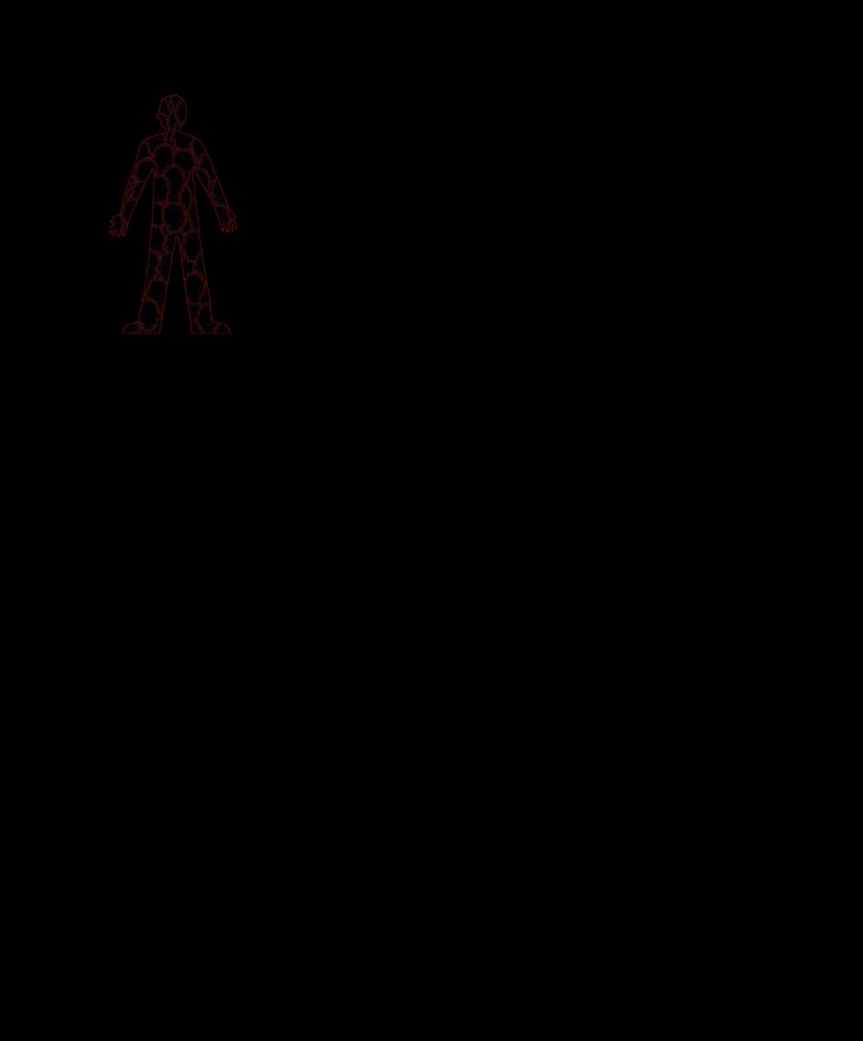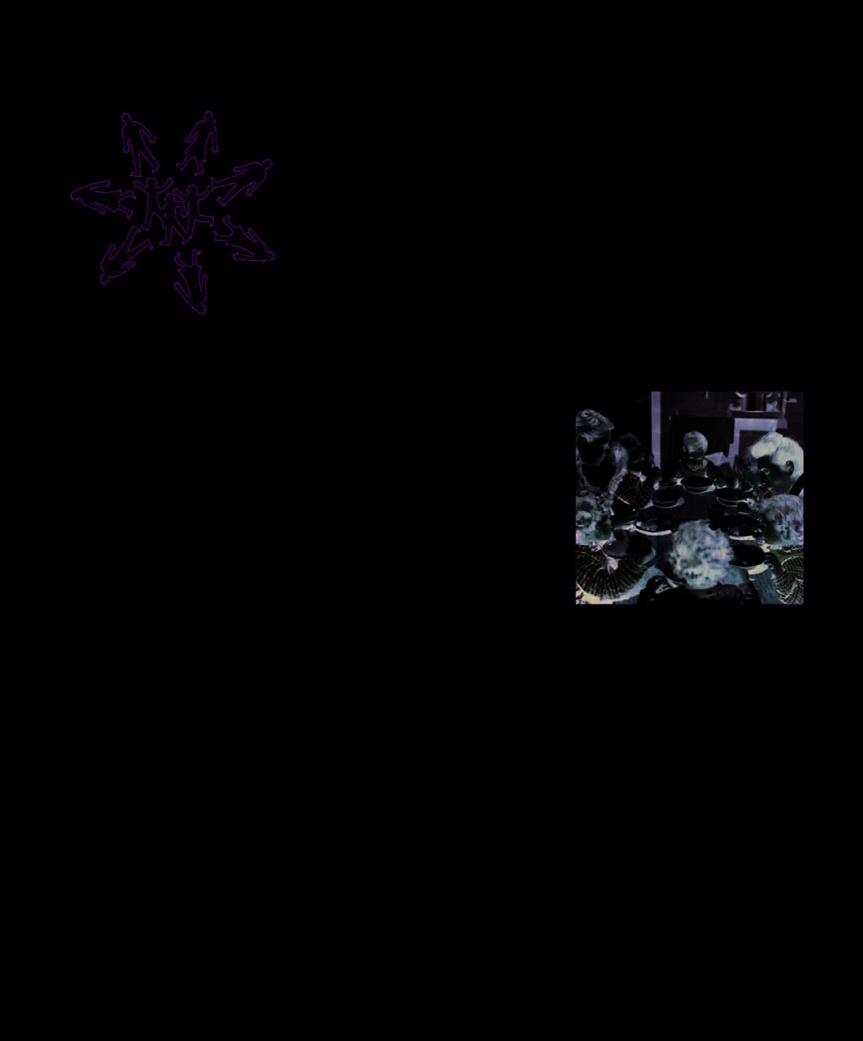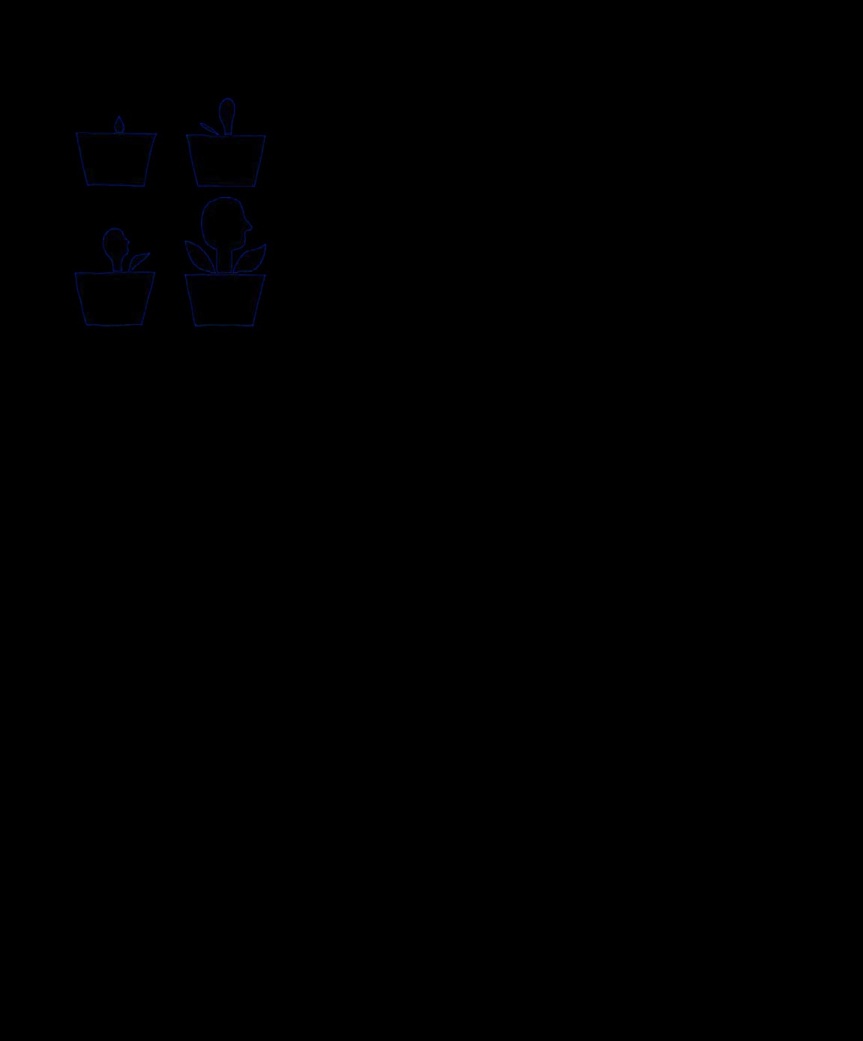The Psychology Book (85 page)
Read The Psychology Book Online
Authors: Unknown

Piaget’s portrayal of children
this assumption at the time, more
collaborative space where students
as primarily independent and
recent cross-cultural investigations
teach and learn from each other.
autonomous in their construction of
concerning the sensorimotor stage
knowledge and their understanding
(including one study conducted by
Criticisms of Piaget’s work
of the physical world also met with
Pierre Dasen in 1994) indicated that
Despite his popularity and the
some resistance, as it seemed to
the sub-stages suggested by Piaget
broad influence of his work in the
ignore the important contribution
are indeed universal, though
fields of developmental psychology,
that other people make to a child’s
environmental and cultural factors
education, morality, evolution,
cognitive development. Pioneering
seem to affect the rate at which
philosophy, and even artificial
psychologist Lev Vygotsky’s work
these stages are reached, and how
intelligence, Piaget’s ideas were
focused on proving that knowledge
quickly they are then completed.
not accepted without scrutiny and
and thought are essentially social
Piaget’s work unquestionably
criticism. As with all highly
in nature, and disproving Piaget’s
paved the way for many new
influential theories, years of
assumption that a child was not
areas of enquiry into the nature
exploration and research have
really a part of the social whole. His
of child development and human
brought to light its problems and
theory suggests human development
cognitive development. He created
weaknesses. Piaget’s notion of
exists on three levels: the cultural
the context in which a vast body of
egocentrism, for instance, has been
and the interpersonal as well as the
research took shape in the 20th and
called into question. Studies by the
individual, and his main concern
21st centuries, and fundamentally
US psychologist Susan Gelman in
was with the first two levels. His
changed the nature of education
1979 demonstrated that four-year-
“zone of proximal development”
in the Western world. ■
Australian Aboriginal children
aged between eight and 14, and living
in remote parts of central Australia,
were found by Pierre Dasen to progress
through the stages identified by Piaget.
The deep structures,
the basic cognitive processes,
are indeed universal.
Pierre Dasen

270
WE BECOME
OURSELVES
THROUGH OTHERS
LEV VYGOTSKY (1896–1934)
IN CONTEXT
APPROACH
F
or Russian psychologist Lev Vygotsky believed that children
Vygotsky, the skills needed
absorb the accumulated wisdom,
to reason, understand, and
values, and technical knowledge of
remember all stem from a child’s
previous generations through
Social constructivism
experiences with parents, teachers,
interactions with their caregivers,
BEFORE
and peers. Vygotsky saw human
and use these “tools” to learn how
development as taking place on
to conduct themselves effectively in
1860s
Francis Galton sparks
three levels—cultural, interpersonal,
the world. But it is only through
debate about whether nature
and individual. He focused on the
social interaction that children can
(innate ability) or nurture
cultural and interpersonal levels,
experience and internalize these
(upbringing) has the most
believing that our most formative
cultural tools. Even our ability to
influence on personality.
experiences are social; “we become
think and reason on an individual
AFTER
ourselves through others.”
level stems from social activities in
1952
Jean Piaget argues
the course of our development that
that the ability to absorb and
foster our innate cognitive abilities.
process information develops
Vygotsky’s theories influenced
through interaction between
approaches to both learning and
teaching. He believed that teachers
children’s innate talents and
should play an instructive role,
their environment.
All higher
constantly guiding and nurturing
1966
Jerome Bruner suggests
psychological functions
their pupils in order to improve their
that any subject can be taught
are internalized
attention span, concentration, and
effectively to a child at any
relationships of the
learning skills, and so build up their
stage of development.
social kind.
competence. This idea had a
Lev Vygotsky
marked effect on education,
1990
American educational
particularly in the late 20th century,
psychologist Robert Slavin
stimulating a shift from child-
designs his Student Teams
centered to curriculum-centered
Achievement Divisions (STAD)
teaching, and to a greater use of
to promote more collaborative
collaborative learning. ■
learning, and downgrade
competitive, winner–loser
See also:
Francis Galton 28–29 ■ Jerome Bruner 164–65 ■ Jean Piaget 262–69
approaches to education.

DEVELOPMENTAL PSYCHOLOGY 271
A CHILD IS NOT
BEHOLDEN TO ANY
PARTICULAR PARENT
BRUNO BETTELHEIM (1903–1990)
IN CONTEXT
APPROACH
W
hile running a center
where disturbed children
were raised successfully
by professional carers, Bruno
Parenting systems
Bettelheim began to question the
common assumption that the best
BEFORE
upbringing involved a close mother–
1945
American psychoanalyst
child relationship. He wondered
René Spitz reports on the
if the Western world might have
disastrous effects of bringing
something to learn from communal
up children in institutions.
child-rearing systems, such as the
1951
John Bowlby concludes
one used on an Israeli kibbutz.
that an infant requires an
In 1964, Bettelheim spent seven
intimate and continuous
weeks on a kibbutz, where children
Kibbutz children
, Bettelheim found,
relationship with his mother.
were cared for in special houses,
often develop closer bonds with each
away from their family home. In his
other than with adults. This ability to
1958
US anthropologist
relate well to their peers may explain
1967 book
The Children of the Dream
,
Melford Spiro writes
Children
their professional success as adults.
he stated that “a kibbutz child is not
of the Kibbutz
, insinuating
beholden to any particular parent,”
that Western child-rearing
and although he observed that this
often become accomplished adults.
methods, with the focus on
led to fewer one-to-one relationships,
In fact, the children Bettelheim
the mother as the main carer,
it did encourage many less intimate
studied were tracked down in
work best in all cultures.
friendships and an active social life.
the 1990s by a journalist, who
discovered that a high percentage
AFTER
Successful adults
were now successful professionals.
1973
American psychiatrists
Before his study, Bettelheim had
Bettelheim concluded that the
Charles M. Johnston and
predicted that a kibbutz might
kibbutz’s communal approach was
Robert Deisher argue that
produce mediocre adults who had
a huge success. By publishing his
communal child-rearing
little cultural impact on society.
findings, he hoped to improve
provides advantages that
Instead, he found that kibbutzniks
childcare systems in the US. ■
few nuclear families offer.
See also:
Virginia Satir 146–47 ■ John Bowlby 274–77

272
ANYTHING THAT
GROWS HAS A
GR
ERIK ERIKSON (1902–1994)
OUND PLAN
Stage three, from three to six years,
IN CONTEXT
E
rik Erikson understood
human development in terms
presents the crisis of “initiative
of the epigenetic principle,
versus guilt.” This is when children
APPROACH
which states that every organism is
learn to act creatively and playfully,
Psychosocial development
born with a certain purpose and its
but also with purpose. As they
BEFORE
successful development results in
interact with others they discover
1930s
Jean Piaget proposes
the fulfillment of this purpose. In
that their actions can adversely
a stage-based theory of
Erikson’s own words, “anything that
affect someone else. Severe
cognitive development.
grows has a ground plan, and out of
punishments at this stage can
this the parts arise.” He proposed
inflict paralyzing feelings of guilt.
1956
Sigmund Freud develops
that the human personality unfolds
From 6 to 12, children focus on
his theory of psychosexual
and evolves in eight predetermined
education and learning social skills.
development, claiming there
stages. According to Erikson, this
This fourth stage is known as
are five stages through which
growth involves the constant
“industry versus inferiority,” and it
a child progresses toward
interaction between heredity
provides a feeling of competence,
sexual maturity.
and environmental influences.
although an over-emphasis on work
can lead children mistakenly to
AFTER
The eight stages
equate self-worth with productivity.
